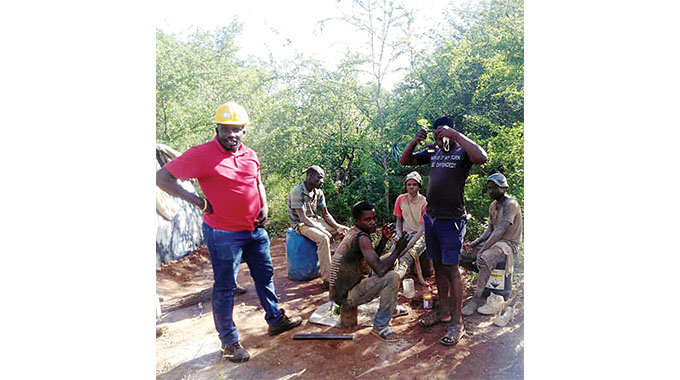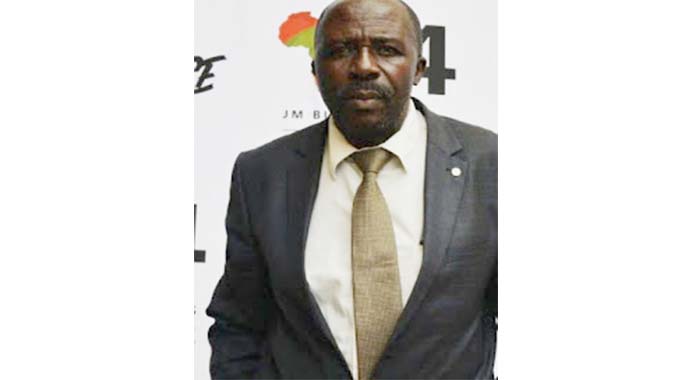A tale of Gwanda’s ogweja amid lockdown, pandemic

Mthabisi Tshuma, Gwanda Correspondent
THE growth of Gwanda town is now largely attributed to mining activities that have of late been on the increase.
With many artisanal and small scale miners popularly known as ogweja, Gwanda has its fair share of tales about the life of these miners, in particular at this time of the Covid-19 lockdown.
Their mere presence means they control the town’s way of life in their own small way.
They have managed to control commodity prices and push for the sole use of foreign currency due to their buying power.
The Covid-19-induced lockdown has left them as the gurus of society, the pillar of the town’s financial muscle.
As the mining industry is listed among essential service providers during the ongoing 30-day strict lockdown, ogweja are now the messiahs in their communities.
The small-scale mining sector has become the dominant gold producer in the country after overtaking established mining companies in the last few years.
Latest data from Fidelity Printers and Refiners, the country’s sole gold buying unit, shows that the bulk of gold output during the seven months of 2020 came from small-scale miners who delivered 7,128 tonnes while large scale producers accounted for 4,89 tonnes.
Now that the country is faced with a pandemic that needs health regulations to be seriously followed among them constant sanitising and masking up, questions have arisen if the artisanal and small scale mining sector is not a Covid-19 ticking bomb.
Chronicle recently toured mines around Gwanda town and those situated along Gwanda-Blanket Mine main road to find out.
Leaving town, the ogweja atmosphere grips one’s mind as one meets them by the Gwanda Government High School bus stop with their dusty rags and hand tools.
Reaching Mtshabezi River, the gold rich area greets you with muddy water where water tanks and cars are parked by the river beds sourcing the water for mine use.
Noise from machinery such as stamp mills and hammer mills become more pronounced as one reaches Bar 20 shops where many miners emerge from thickets.
Just 50 metres after the shops, the news crew is met with a dungeon left following a gold rush.
As we approach, like flies after smelling a pesticide, ogweja run into the bush. As we come out of the car and them sensing we are not their “enemy”, the police, they return to their pits following the king of the jungle who is holding a gold detector.
Identified as Boss Kheda, the miner gives us a narration of how they are coping with the lockdown and pandemic.
“We are glad throughout the lockdown period we have been allowed to operate but as we are human we are scared of the pandemic.
“Most of us here did not test for Covid-19 prior to getting on ground because we are here illegally and we get money after having worked, if at all we get any,” said Boss Kheda.
Tarisai Zhou from Mberengwa said:
“We are in the jungle of the survival of the fittest where casualties are the order of the day.
“If l am to die here broke my family is unlikely to be able to fund for my repatriation to my rural place and that’s the challenge l have with this lockdown and Covid-19.”
To those doing underground mining, the hot temperatures in the capital of the Rainbow Province often makes masking up and constant sanitising difficult.
Joshua Ndlovu, an underground miner at a claim leased from a big mining firm along the main road professed ignorance on threats posed by Covid-19.
“Yes there might be Covid-19 out there but here in the mine there is none. Have you ever heard ugweja who has tested positive for the virus? No.
“How can we wear masks when it’s too hot underground and sanitising constantly it’s just ridiculous,” he said.
Looking at their squatter camp, flies are all over the place and their place of sleep is just small for a crew of six. -@mthabisi_mthire








Comments